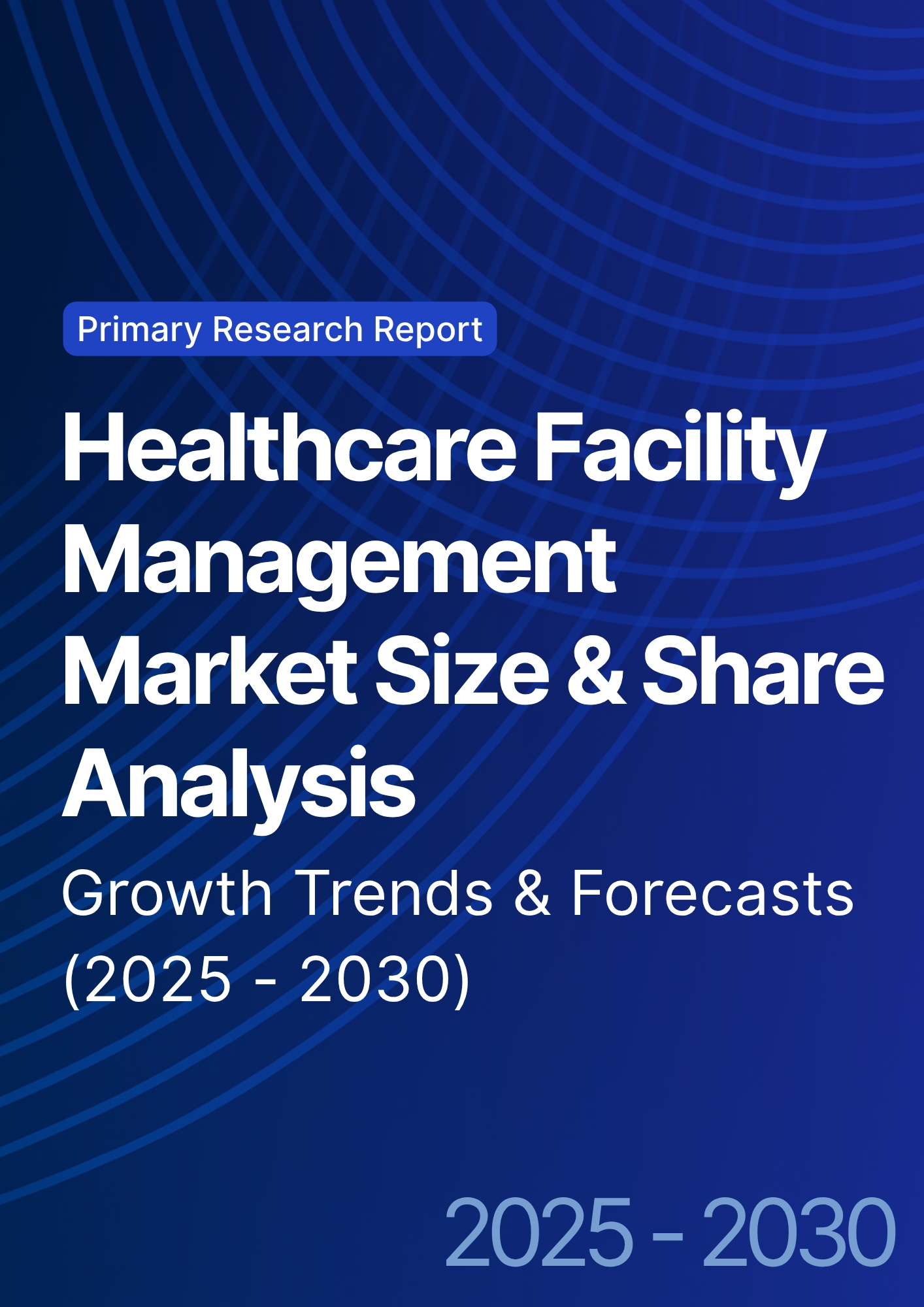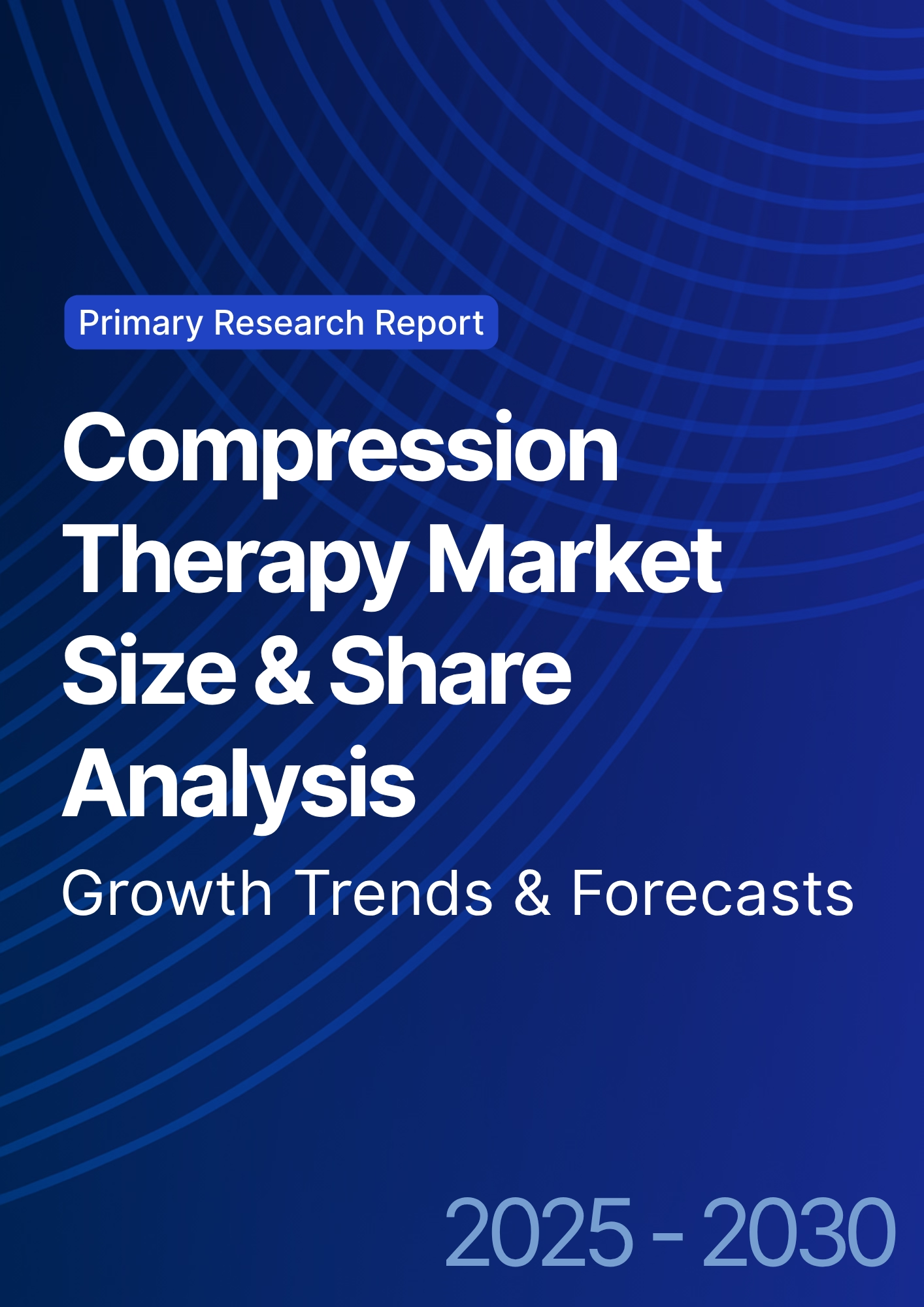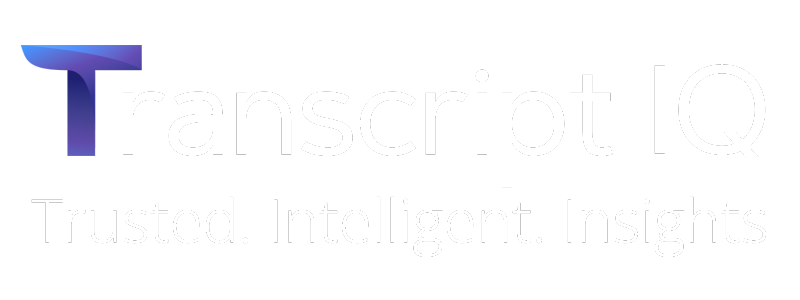

68 Circular Road, #02-01 049422, Singapore
Revenue Tower, Scbd, Jakarta 12190, Indonesia
4th Floor, Pinnacle Business Park, Andheri East, Mumbai, 400093
Cinnabar Hills, Embassy Golf Links Business Park, Bengaluru, Karnataka 560071
Connect With Us
Healthcare Facility Management Market Size & Share Analysis - Growth Trends & Forecasts (2025 - 2030)
This report explores the healthcare facility management market across the US and EU (2025–2030), focusing on the growth trends, market size, and operational challenges. The market is expected to grow from $215B in 2025 to $350B by 2030 (CAGR 9.9%). Key drivers include increased demand for healthcare services, aging infrastructure, sustainability initiatives, and the integration of smart technologies in hospital operations. By 2030, smart hospital solutions will represent 30% of the market share, with energy-efficient systems and automated processes improving facility operations and cost savings. Healthcare providers are expected to focus on optimized facility management to reduce operational inefficiencies, maintenance costs, and improve patient experience.

What's Covered?
Report Summary
Key Takeaways
- Healthcare facility management market grows $215B → $350B (CAGR 9.9%) by 2030.
- Smart hospital solutions will capture 30% of the market share by 2030.
- Energy-efficient systems reduce facility operating costs by 18%.
- Automated maintenance solutions improve operational efficiency by 22%.
- Sustainability initiatives contribute 25% of market growth through green building designs.
- Facility management outsourcing grows by +19% annually in North America and Europe.
- AI-powered predictive maintenance reduces unplanned downtime by 30%.
- Patient experience enhancements lead to +12% improvement in hospital satisfaction rates.
- Regulatory compliance increases demand for facility management solutions by +20%.
- Modeled ROI on healthcare facility investments is estimated at 15–22% by 2030.
Key Metrics
Market Size & Share
The healthcare facility management market in North America and Europe is projected to grow from $215 billion in 2025 to $350 billion by 2030, representing a CAGR of 9.9%. The market is driven by the increasing demand for efficient healthcare facilities, particularly as the aging population creates a greater need for medical services. Smart hospital solutions, including energy-efficient systems, AI-driven maintenance, and facility automation, will capture 30% of the total market share by 2030. Outsourcing of facility management services will rise by +19% annually, as hospitals and healthcare facilities seek to reduce operational costs and focus on core medical services. Energy-efficient systems will significantly reduce operating costs, with an expected 18% savings in electricity, HVAC, and water usage. Sustainability initiatives and green building certifications are expected to drive 25% of market growth, as healthcare facilities seek to reduce their environmental impact and comply with regulations. AI-powered predictive maintenance will decrease unplanned downtime by 30%, extending the life of equipment and minimizing interruptions in critical hospital services. By 2030, the ROI on healthcare facility investments will be 15–22%, driven by cost savings, improved patient satisfaction, and regulatory compliance.

Market Analysis
The healthcare facility management market is evolving as healthcare providers prioritize efficiency and cost-effective operations. Smart hospital technologies, such as energy-efficient systems, automated maintenance solutions, and AI-powered predictive maintenance are playing a key role in improving facility operations. Energy-efficient systems will be adopted at a rapid pace, contributing to a 19% reduction in operating costs by 2030. These technologies help hospitals meet sustainability goals while reducing waste management costs and energy consumption. Automated solutions for routine maintenance tasks will improve operational efficiency by +22%, reducing reliance on manual labor and decreasing the time spent on low-value tasks. The growing importance of patient experience will drive demand for patient-centric technologies, leading to +12% improvement in hospital satisfaction rates. As healthcare facilities face increasing regulatory pressure, demand for compliance-focused solutions is expected to grow by 20%. The outsourcing trend will continue to rise as hospital systems look to focus on patient care while leaving facility operations to third-party experts, contributing +19% growth annually in North America and Europe. By 2030, the healthcare facility management market will be significantly shaped by the adoption of green building designs, AI technologies, and automation to streamline hospital operations.
Trends & Insights
Key trends influencing the healthcare facility management market from 2025–2030 include the adoption of smart hospital technologies, energy-efficient solutions, and AI-driven automation. The smart hospital solutions market is expected to capture 30% of the overall market by 2030, driven by the need for more cost-effective and sustainable solutions. The rise of AI-powered predictive maintenance will improve the efficiency of healthcare operations, reducing the number of unplanned maintenance events by 30% and saving significant costs. The shift toward outsourcing facility management services is growing, with +19% annual growth, as healthcare providers seek to improve efficiency and reduce costs in non-clinical operations. Sustainability will be another important trend, with green building solutions playing a key role in meeting regulatory requirements and improving facility energy efficiency. The adoption of AI-powered data systems for facility management will help reduce operational costs, improve staff productivity, and optimize building operations. Regulatory compliance solutions will also become increasingly essential, with healthcare systems turning to AI-driven tools to meet EU and US regulations for facility maintenance and safety standards. As patient experience becomes more important, facilities investing in AI-driven technologies will see a 12% improvement in hospital satisfaction rates.

Segment Analysis
The healthcare facility management market is segmented into energy management, automated maintenance, predictive analytics, patient-centric technologies, and outsourced facility management services. By 2030, energy management systems will represent 25% of the total market, driven by the demand for green hospitals and sustainable building designs. Automated maintenance solutions will account for 20%, as hospitals adopt AI-driven systems for routine maintenance, reducing reliance on manual labor and improving facility uptime. Predictive analytics and real-time monitoring systems will represent 15%, helping facilities optimize resource utilization and prevent equipment failures. The patient-centric technology segment is expected to grow by 12% annually, with innovations such as interactive dashboards, patient monitoring systems, and virtual care solutions. Outsourced facility management services will represent 20% of the market by 2030, with healthcare organizations looking to reduce costs and focus on core services. Additionally, sustainability-focused building designs will make up 10% of the market, providing hospitals with the tools to reduce energy consumption and operational costs. As these technologies continue to evolve, facility managers will rely more on AI, automation, and data analytics to improve hospital operations and patient care.
Geography Analysis
In North America, the US will remain the dominant market, capturing ~70% of the total healthcare facility management market by 2030. The US healthcare system continues to invest heavily in smart hospital technologies to enhance operational efficiency and meet sustainability goals. Canada will contribute ~15% of the market share, with cold storage solutions and automated maintenance being key areas of growth. In Europe, Germany, France, and the UK will see strong growth in energy-efficient systems and AI-based maintenance technologies, with Germany leading the way in regulatory compliance and building certifications. Southern Europe will show a slower adoption, but Italy and Spain are expected to experience +18% growth in sustainable building solutions. By 2030, Eastern Europe will adopt smart hospital systems at a faster rate, driven by EU funding for healthcare infrastructure upgrades. Regulatory frameworks across EU countries will push for greater compliance in facility management practices, creating further opportunities for AI-driven solutions and predictive maintenance across healthcare facilities.
Competitive Landscape
The healthcare facility management market is competitive, with global players like Johnson Controls, Honeywell, Siemens, and Schneider Electric leading the way in providing energy-efficient solutions and automated building management systems. Smaller players such as FacilityDude and ServiceTitan are also expanding their cloud-based solutions to help healthcare facilities manage operations, maintenance, and sustainability. AI startups focused on predictive maintenance and energy management are increasing in number, with Innovaccer, Bigfinite, and Accenture leading the development of smart hospital solutions. By 2030, outsourcing providers like Cushman & Wakefield and JLL will hold significant market share as healthcare organizations turn to them for integrated facility management solutions. Pricing models will shift toward performance-based contracts as healthcare providers seek cost savings and efficiency gains. IoT and AI will continue to be key differentiators, with real-time data systems providing actionable insights for facility management teams.
Report Details
Proceed To Buy
Want a More Customized Experience?
- Request a Customized Transcript: Submit your own questions or specify changes. We’ll conduct a new call with the industry expert, covering both the original and your additional questions. You’ll receive an updated report for a small fee over the standard price.
- Request a Direct Call with the Expert: If you prefer a live conversation, we can facilitate a call between you and the expert. After the call, you’ll get the full recording, a verbatim transcript, and continued platform access to query the content and more.


68 Circular Road, #02-01 049422, Singapore
Revenue Tower, Scbd, Jakarta 12190, Indonesia
4th Floor, Pinnacle Business Park, Andheri East, Mumbai, 400093
Cinnabar Hills, Embassy Golf Links Business Park, Bengaluru, Karnataka 560071
Request Custom Transcript
Related Transcripts

Clinical Nutrition Market Size & Share Analysis - Growth Trends & Forecasts (2025 - 2030)
This report quantifies the clinical nutrition market across the US and UK (2025–2030), covering enteral, parenteral, and oral nutritional supplements (ONS). Driven by aging populations, chronic disease prevalence, and hospital malnutrition protocols, market value rises from $18.5B (2025) → $30.2B (2030) at a CAGR of 10.2%. Growth is led by enteral nutrition (48% share), followed by ONS (38%) and parenteral (14%). Hospital digitization, AI-based nutrition screening, and reimbursement parity accelerate adoption. ROI averages 16–22% for integrated hospital nutrition programs.
$ 1395
$ 1395


68 Circular Road, #02-01 049422, Singapore
Revenue Tower, Scbd, Jakarta 12190, Indonesia
4th Floor, Pinnacle Business Park, Andheri East, Mumbai, 400093
Cinnabar Hills, Embassy Golf Links Business Park, Bengaluru, Karnataka 560071












